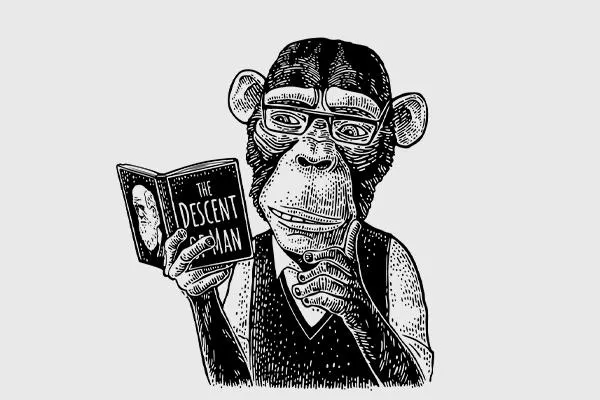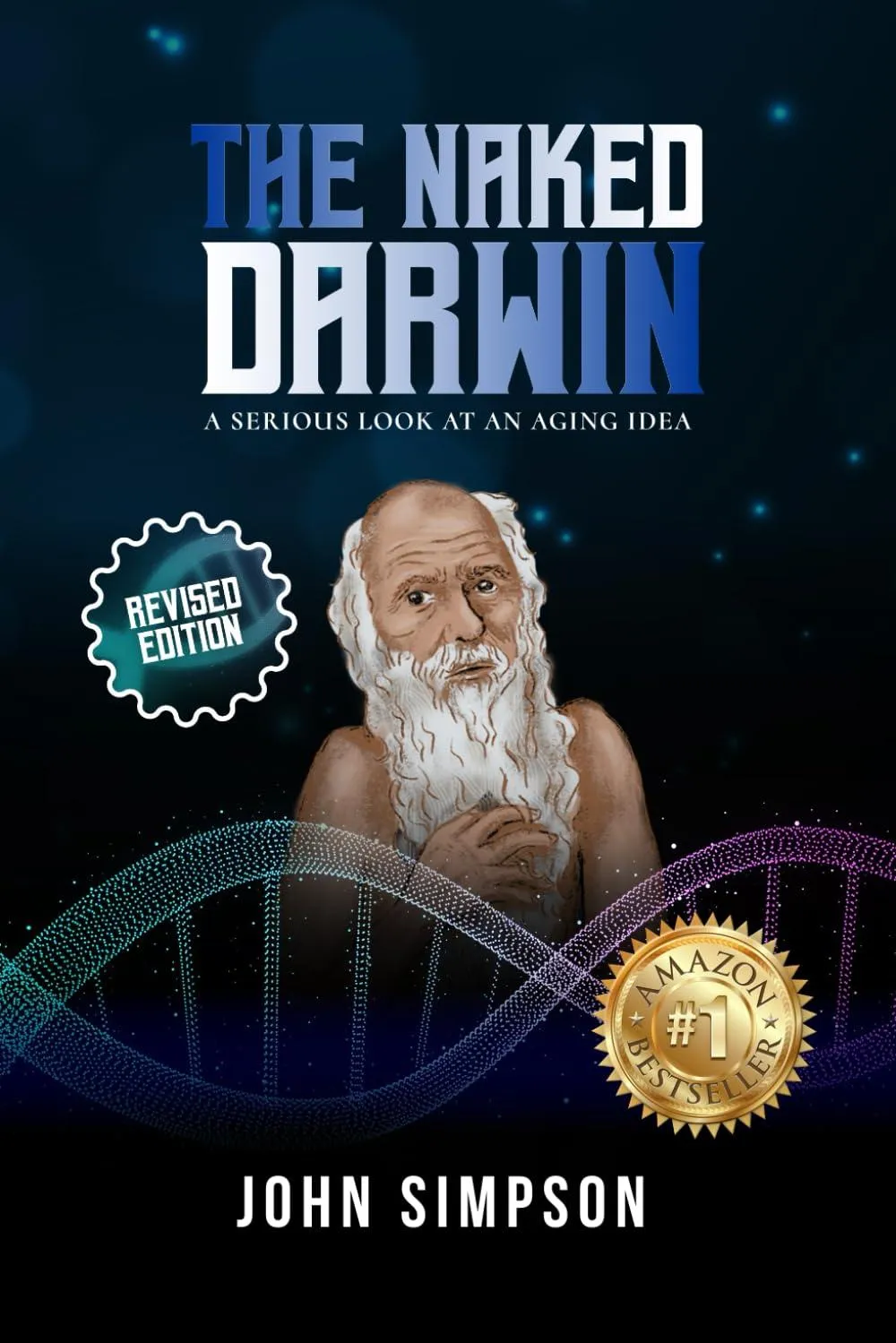
A Trial Worth Learning About - Part 2
A brief look at the Monkey Trial
In Part 1 of A Trial Worth Learning About I sought to clear away misconceptions of the trial’s origins, Scopes was never threatened, the people of the town, fictional Hillsboro standing in for Dayton, TN, did not yank Scopes out of the classroom, rather Scopes volunteered to be part of a test case at the request of the ACLU, and Scopes was never in jail. If your understanding of the trial is only from Inherit The Wind, you would not know any of this. The goal of those in Dayton was seeking publicity for their town, and that goal was met in spades.
The notoriety and publicity of the Monkey Trial, exploded because instead of the local prosecutor doing his normal duty for Rhea County and the ACLU’s attorneys working to defend John Scopes, William Jennings Bryan became part of the prosecution’s team and Clarence Darrow part of the defense team.
Regarding the trial, Bryan wanted to have it both ways, that is, Scopes would easily be found guilty of breaking a just law because the majority of citizens did not want evolution taught in their schools. Their tax dollars made the schools possible and therefore they should have their way with what was or was not taught. However, for weeks preceding the trial he also framed the trial as a defense of Christianity from attacks by atheists and evolutionists. He said at one point that the trial would be a “turning point” for Christianity. It is hard to exaggerate the confrontation that Bryan wanted and that Darrow was so glad to oblige.
For their part the ACLU did not want Darrow to be part of their team of lawyers. They wanted to show the Butler Act as a law that violated free speech rights. Darrow wanted to attack Christianity, especially in its fundamentalist form and show Bryan to be an ignorant bigot. The ACLU did not want the trial to be about religion and had no desire to attack the faith of most Americans, but like the local folks in Dayton, the ACLU was losing control of their purpose with Darrow committed to help defend Scopes and attack Bryan.
Bryan and Darrow were such large figures in 1920s America that the trial did become what each of them wanted, a showdown. The press was there in large numbers. For the first time radio was used to broadcast the news of the trial thanks to radio station WGN Chicago. After Darrow’s opening statement 200,000 words went out for readers. At the end of the trial, however, Bryan lost his good sense and would allow Darrow to gain a victory, not in the court regarding the guilt of John Scopes, but in the press and in the public mind.
Darrow wanted the jury to hear expert testimony from scientists supporting evolution as well as hear from modernist clergy who saw no conflict between Darwin’s ideas and the Bible. The scientists that Darrow assembled were ready to declare that evolution was now a settled fact. It is interesting to note that at the turn of the century, for many scientists and intellectuals, Darwin’s ideas were in eclipse. The fossil evidence was lacking and voices from other quarters were thinking that it was going to be left high and dry. Henri Bergson, (1849-1941) the great French philosopher, was a leading voice showing the weaknesses of Darwinian evolution. Bryan was standing on solid ground when he argued that there was little evidence to support the claims of evolutionists. But helping Darrow was an event that occurred thirteen years earlier in East Sussex England near Piltdown. Charles Dawson found a small fragment of a human skull plus part of an ape like lower jaw with two teeth, and this “evidence” would “confirm” human descent from apes. The problem for this discovery was that it was a hoax! But the hoax was not exposed as such until 1953. The hoax of Piltdown Man would help put wind in the sails of those who saw Darwin’s ideas as fact. The jury never heard the testimony that Darrow was banking on, but their written testimony was submitted, and all of it was for evolution as fact that only the ignorant could deny.
The trial opened with a long-pointed prayer from a fundamentalist preacher aimed at the defense team. Darrow had a thunderous opening statement that went on for two hours and by all accounts was a powerful defense of free speech and an attack on those who would impose on anyone their narrow reading of the Bible. H. L. Mencken noted that his words in print could not equal what it was like to hear Darrow at the peak of his powers defending what he saw as a basic right in America. Bryan, for his part, had nothing to say during the opening of the trial. He was preparing a great oration that would be part of closing arguments. This would turn out to be a huge mistake for the trial’s denouement would see Darrow achieve his goal of routing Bryan; making him appear an ignorant fundamentalist. Had Bryan not allowed Darrow to put him in the trap he had devised, Bryan could have shown that he was not the sort of Christian that believed that the days in Genesis One were simple twenty- four-hour periods, and Darrow would not have been able to tar Bryan as an ignorant bigot.
The many experts that the defense team had assembled only submitted their views in affidavits. This meant there was not much testimony for the jurors to hear, and little for the jury to wrestle with in their deliberations, Scopes admitted to breaking the law. The trial was coming to an anti-climactic close. Reporters were leaving town and the circus atmosphere that had pervaded was evaporating. The hawkers were leaving, the monkeys seen each day were disappearing, and the town of Dayton returning to normal. But Darrow had a surprise waiting for everyone and that surprise would was a stunner.


